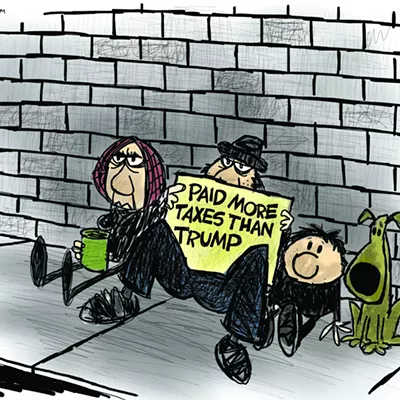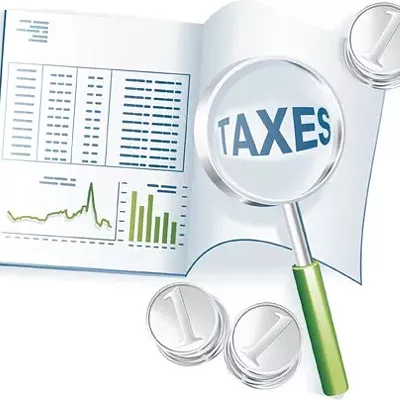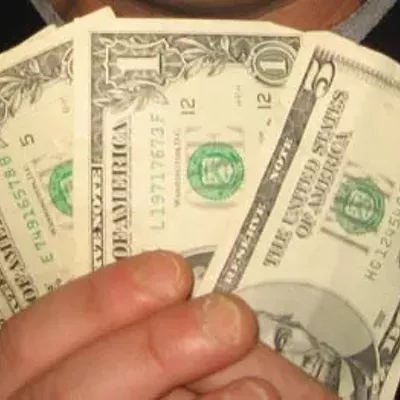Supervisors are abandoning traditional schedules that followed those established by state law to approve a $942 million budget a month before the start of the 2002 fiscal year. And final adoption is set for June 19, six weeks ahead of the usual August deadline.
In truncated hearings last week supervisors liberally doled out money--$2 million for raises for sheriff's deputies who, in some cases, will see 30 percent increases. They also gave more money to the Superior Court and were hit by a nearly $4 million bill stemming from the latest in a 25-year problem at the Treasurer's Office. Computer problems and other missteps created overpayments that taxpayers made to the county and school and fire districts.
County officials are toying with property tax increases as solutions for the overpayments as well as for the deputies' increased pay. Tax increases could raise property taxes by between 2.3 and 3.2 percent.
Supervisors, with the exception of foothills Republican Ann Day, who was sworn in this January, already jacked county property tax rates up 16 percent with three consecutive increases from 1997 through 1999. The second exception was Republican Ray Carroll's dissent to the 11-percent increase two years ago.
Those increases left taxpayers facing a primary rate, the portion used to pay for daily operations, that is at a record high, $4.07 per $100 of a property's assessed value, or $407 a year for the owner of a $100,000 home. Only fast-growing Pinal County has a higher primary rate at $4.59 per $100. But Pima County's total rate, including taxes for bonds, flood control, libraries and fire district assistance, is the highest of Arizona's 15 counties at $5.56 per $100.
That's $556 a year for a $100,000 home just for the Pima County tax bill. A similarly valued home in Phoenix would be charged just $158 in Maricopa County taxes for the year.
"If we didn't have mismanagement at the county we wouldn't have any management," says Ken Marcus, past president of the Pima Association of Taxpayers. "The big budget and the surplus have been accomplished by the three straight years of tax increases that we had and the good economy."
Supervisors faced a stormy protest from property tax payers two years ago, one that prompted a chop in the amount of the increase. But many have become complacent, Marcus says.
Part of that comes from the fact that nearly half of the county's 217,717 homeowners don't see any direct increase in their property tax bill. State law gives that protection by limiting the combined primary property tax rate for the county, Pima Community College, state education assistance and school districts to $10 per $100 of assessed value. The 107,133 residences in high-tax Tucson Unified School District are already at that cap.
"That's let the local politicians get away with it," says Marcus, an unsuccessful Republican challenger to Carroll in 1998.
Business property does not get that benefit. And business pays at a higher ratio. A Tucson restaurant, for example, valued at $100,000, will pay $1,390 in Pima County property taxes. A restaurant in Phoenix with the same value will pay only $395 in Maricopa County taxes.
Disparities in the total value of properties in the county play a role in that sharp difference, and the key cause is the enormous tax benefit Maricopa County receives from the Palo Verde Nuclear Generating Station. And Pima County officials also complain that the budgets for all counties except Pima are supplemented by a sales tax.
Larry Aldrich, outgoing chairman of the tax-supported Greater Tucson Economic Development Council, says property tax does matter in business recruiting and retention.
High property taxes here have driven some companies, particularly those that need sizeable land or that have expensive equipment that will be taxed as personal property, to scratch Tucson from relocation lists.










